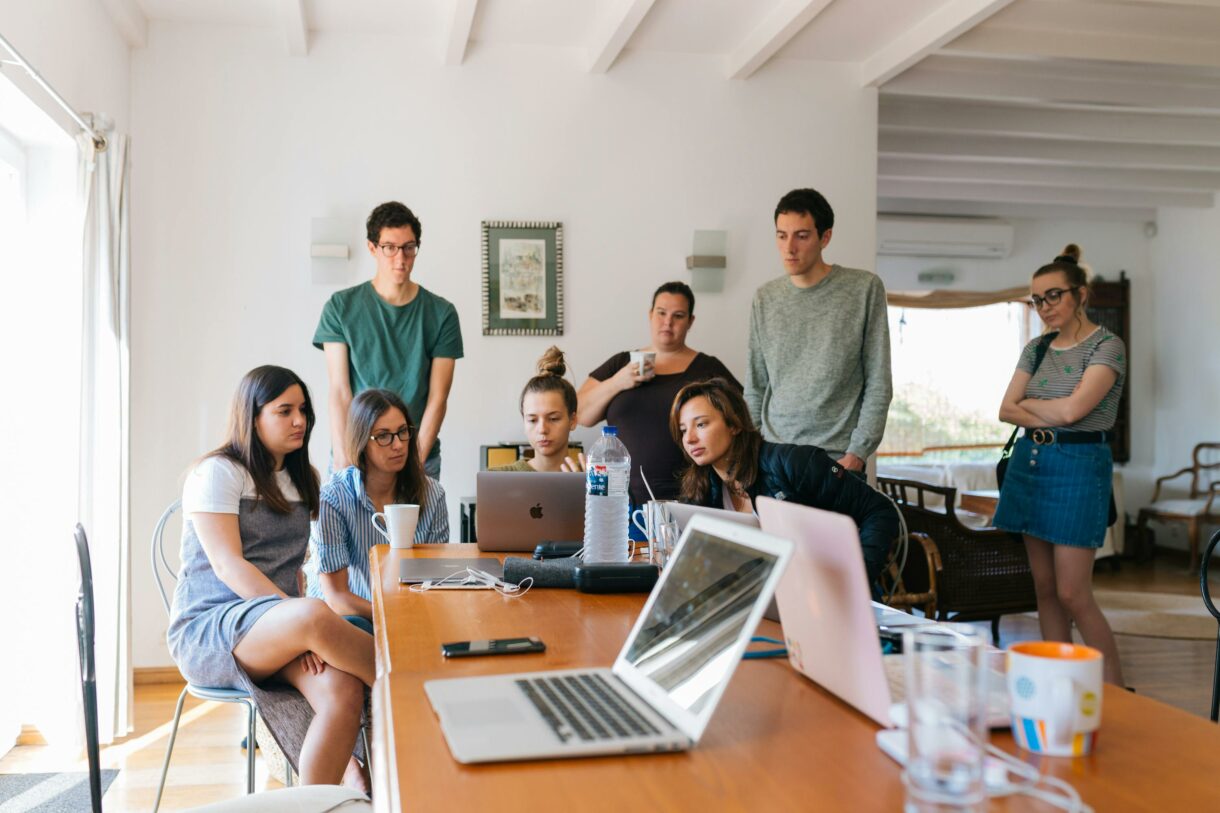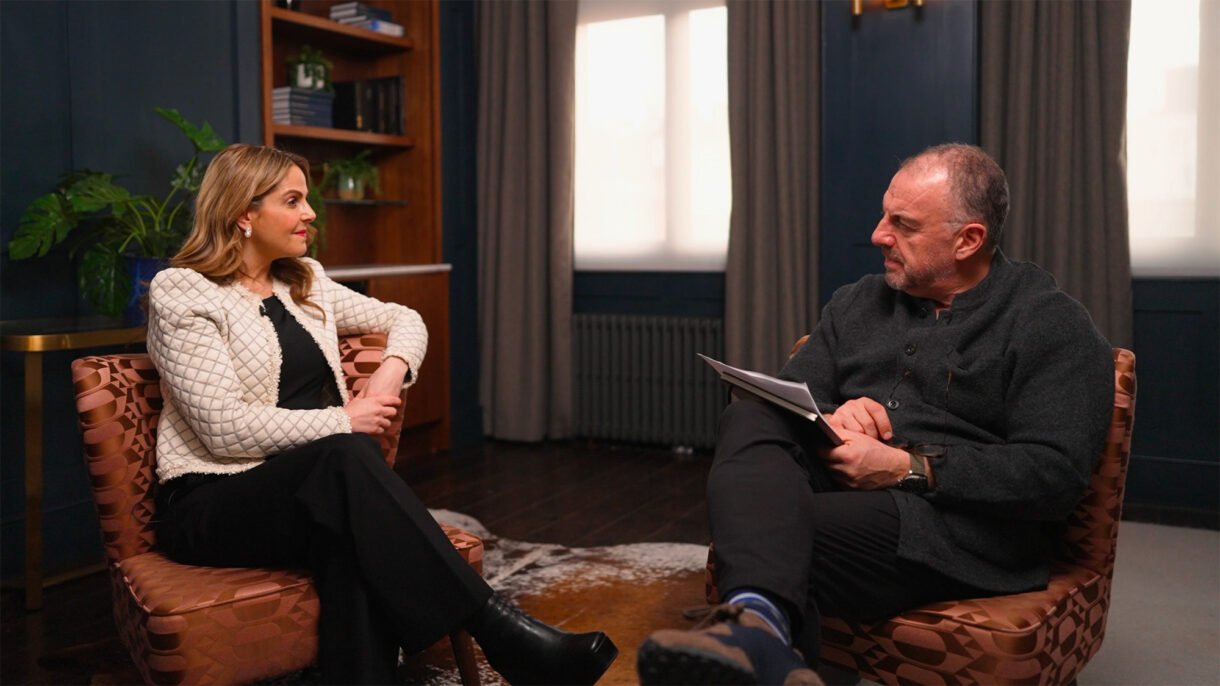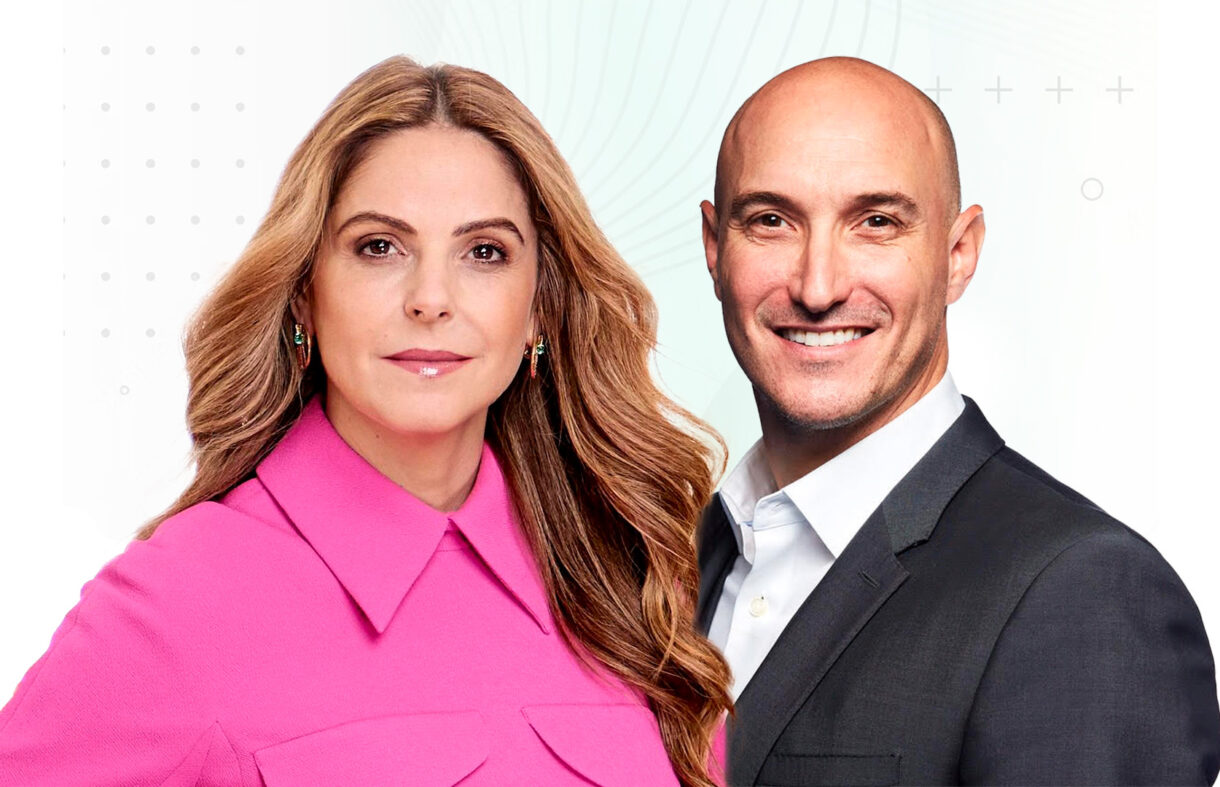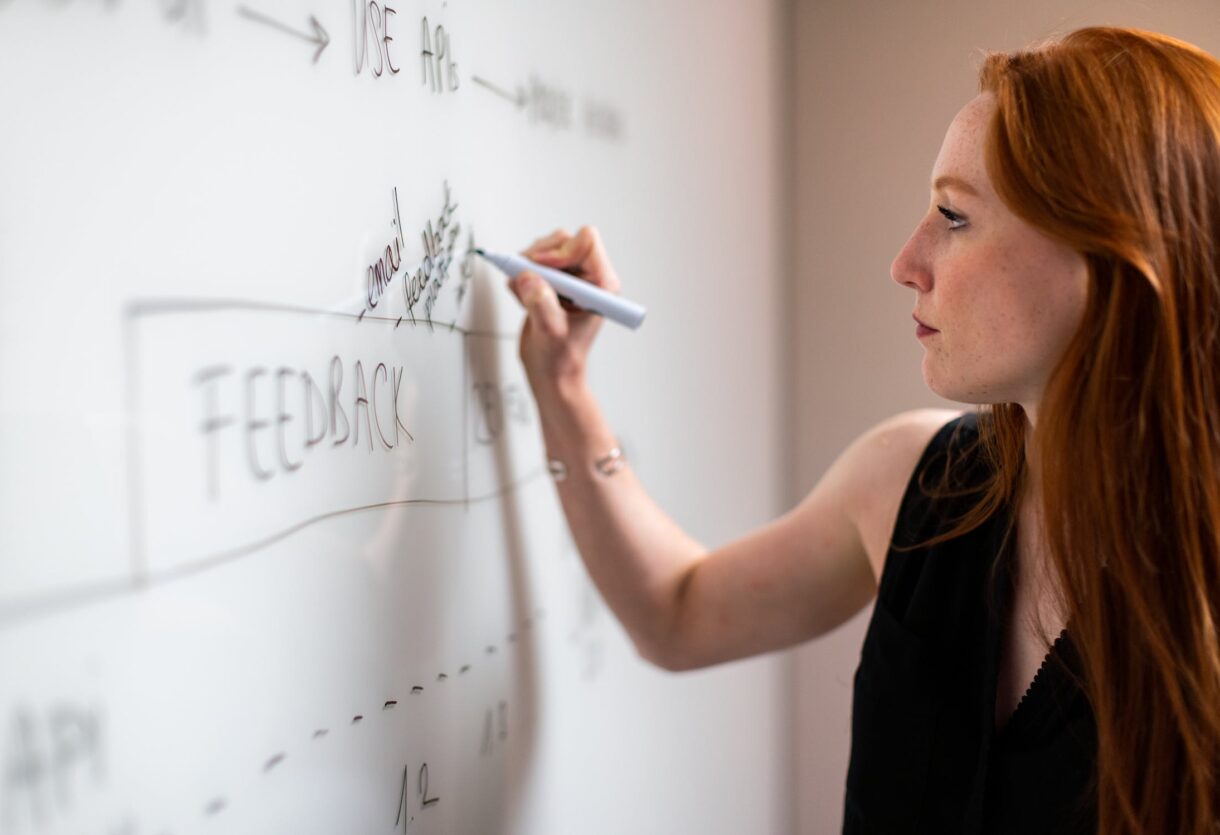I work with many outstanding leaders with extraordinary competencies; they are brilliant people from whom I’ve learned a great deal. I am grateful and privileged to be able to work with people like this.
Almost every one of them says they are overwhelmed and worried about not living up to their responsibilities. They are bombarded with emails, meetings, and expectations that are almost impossible to meet. They are experiencing increasing demand from multiple directions, with challenges that do not stop growing in size and scope. Many have not heard of VUCA, but all suffer from it. I believe it is very possible that leading today, in the presence of VUCA, is the biggest challenge that humans have ever faced.
The VUCA concept seems to have been first introduced in the early 90s by the US Army War College to refer to the multilateral world that emerged after the end of the Cold War and was characterised as being more Volatile, Uncertain, Complex and Ambiguous than ever before.
In a business context, the VUCA concept took off after the global financial crisis of 2008 and 2009. Since then, it has featured heavily in the development of leadership skills in various organisations. The concept describes a business environment characterised by:
Volatility
A brutal increase in four dimensions of the changes that we face today: the type, speed, volume, and scale.
Uncertainty
As a result of the Volatility, we are unable to predict future events.
Complexity
Widespread confusion, with no clear connection between cause and effect, affects all organisations nowadays.
Ambiguity
There is a lack of precision, and the existence of multiple meanings within the conditions surrounding us.
We are dealing with a world where change is ever greater, where the future is less predictable, where the options increase exponentially, and the way we think about these options has undoubtedly changed. Today, leaders must make decisions faster, processing huge amounts of information, and where everything is more interconnected than ever before. We may think that this has been the case for every generation for every period in history; surely the feeling must be the same.
One of the big problems is that for many centuries, we have been raised in a context in which we believe the world is predictable. We now need to work with a different mind-set, where the important thing is not to focus on what is probable, but what is possible.
Again, how does one prepare for it? How do we change this mind-set?
Our brain loves to categorise and learn from the past to secure our future. This has worked well for thousands of years. Without this ability to predict the future based on the past, to identify risks, we would have disappeared as a species. This complex internal evolutionary system has done an incredible job of protecting us and allowing us to prosper for millennia, but right now, it is beginning to fail and limit us.
One of the key failures is to lead us to find what is probable rather than what is possible. The VUCA environment means that we must focus on what is possible (because anything can happen) rather than on what is likely to occur (which is determined by what happened before).
Making this change, where we must go from trying to figure out what is most likely, to seeing the possibilities that lie before us, is easier said than done. Research repeatedly shows this is something that does not please our brain. Our general pattern is to cut, reduce and simplify information. To achieve this change, we need to create new habits and new patterns. We need to talk to each other differently, collect information differently, and develop different strategies and plans for the future.
There are four habits that can help us evolve and improve our ability to deal with higher levels of complexity. These four habits are easy to implement:
- Ask different types of questions
- Take on multiple perspectives
- Develop a systemic vision
- Look at the whole picture; take a step back to see what’s possible
This challenge is so critical that our survival depends on it. I believe there are strategies to learn not only to survive, but also to thrive in our environment. We may as well enjoy it while we change our mind-set. That’s what leadership development and coaching is actually about.
Stay up-to-date with our latest news:
Subscribe








